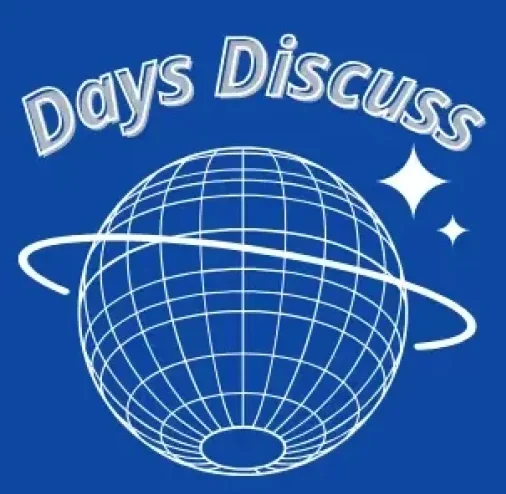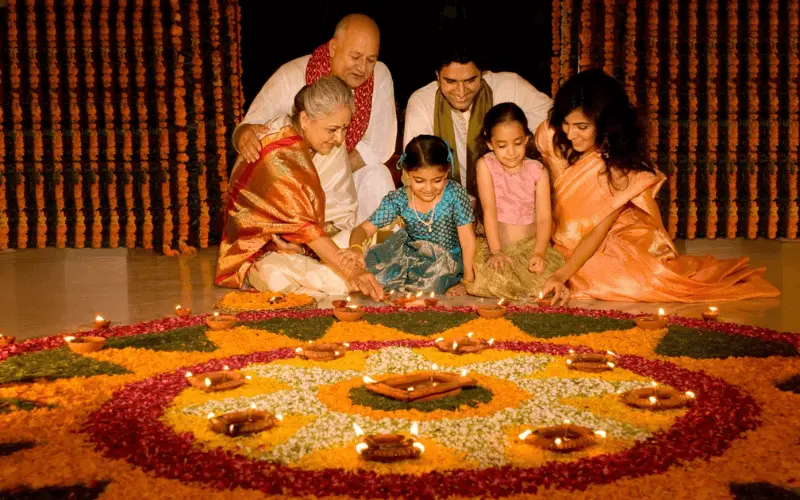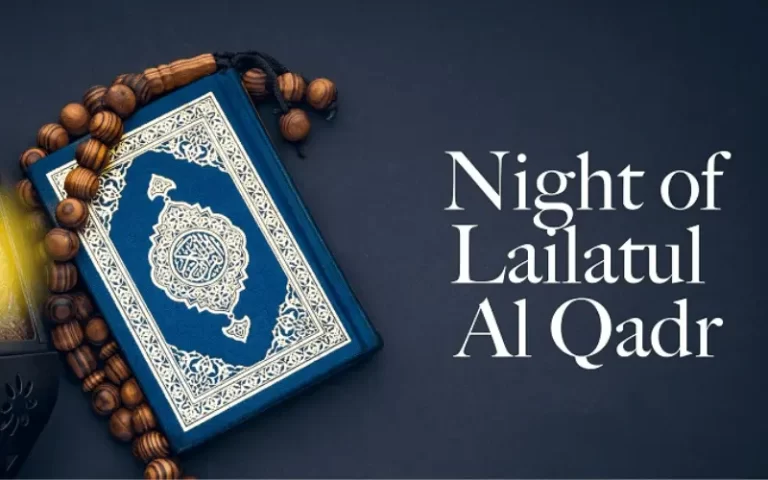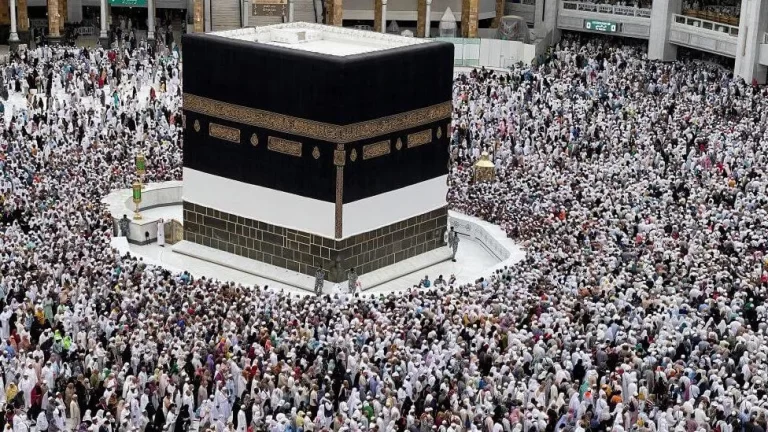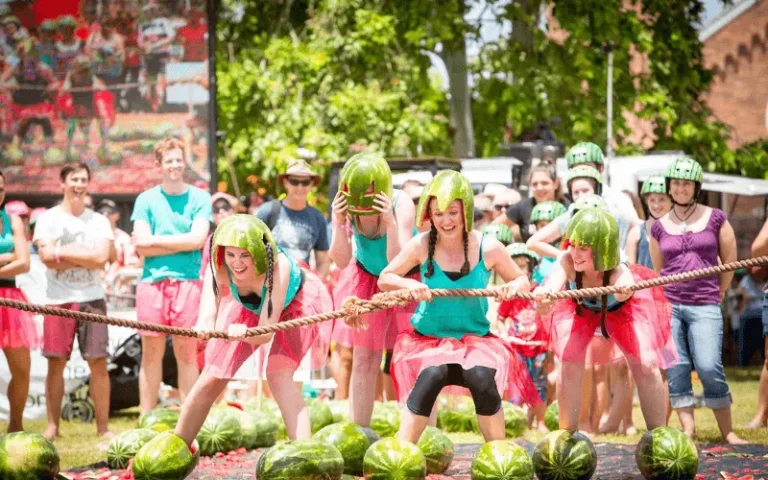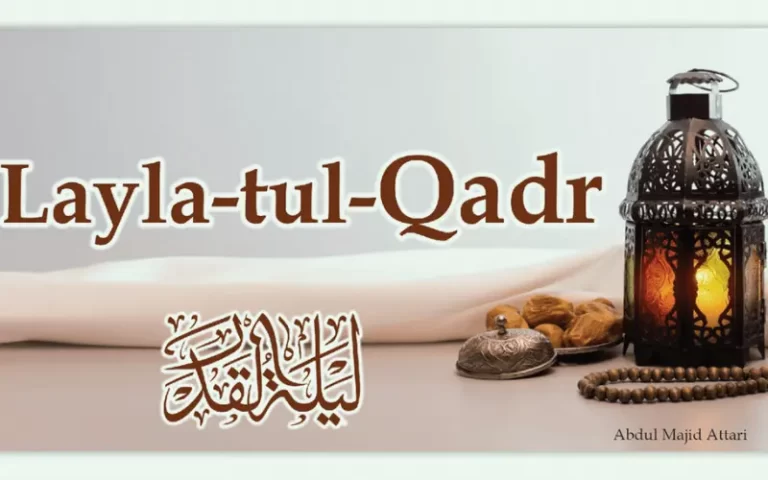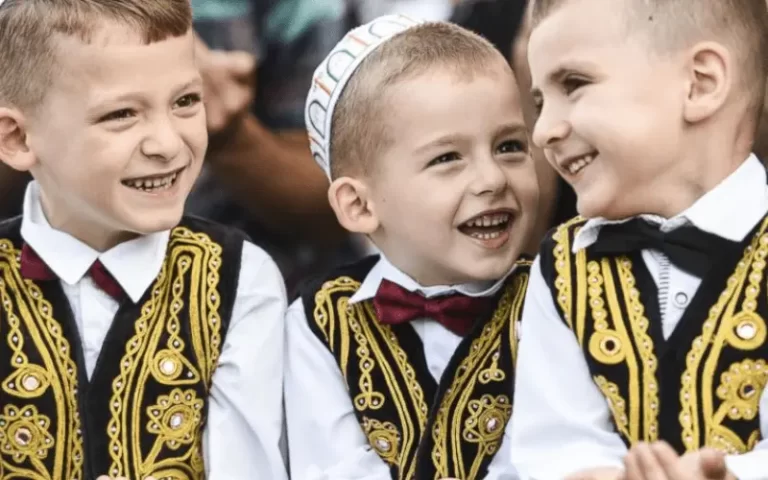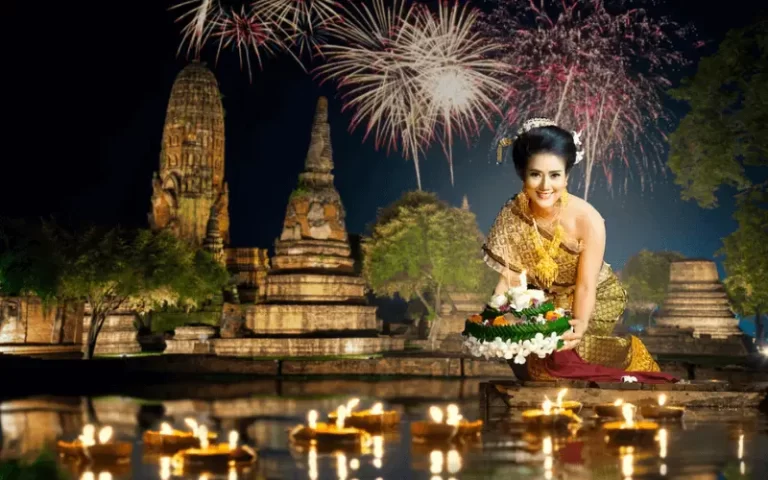DIWALI – FESTIVAL OF LIGHTS
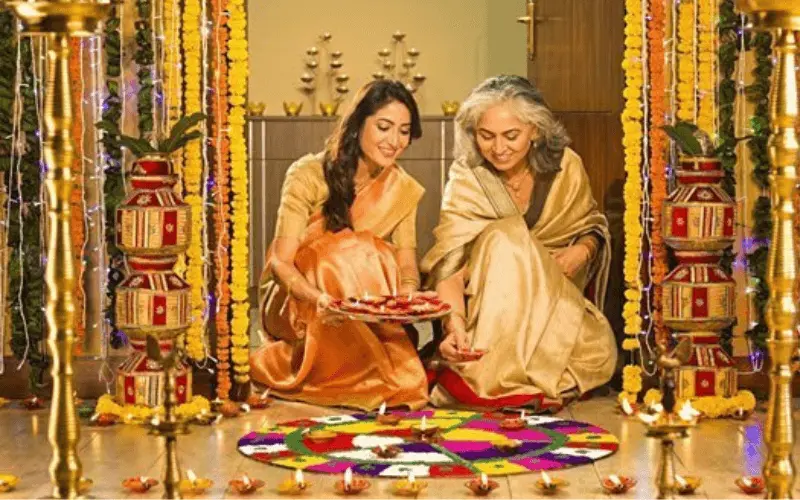
Diwali is a festival, also known as Deepavali, is primarily celebrated in India. Still, it is also observed by millions of people in other countries with significant Hindu, Jain, Sikh, and Buddhist populations. These countries include Nepal, Sri Lanka, Malaysia, Singapore, Fiji, Guyana, Trinidad and Tobago, and Mauritius.
How do people celebrate Deepavali? That’s what this article is about. I’ll be telling you all about this beautiful festival. Just ensure you read this article through to the end.
What’s Diwali?
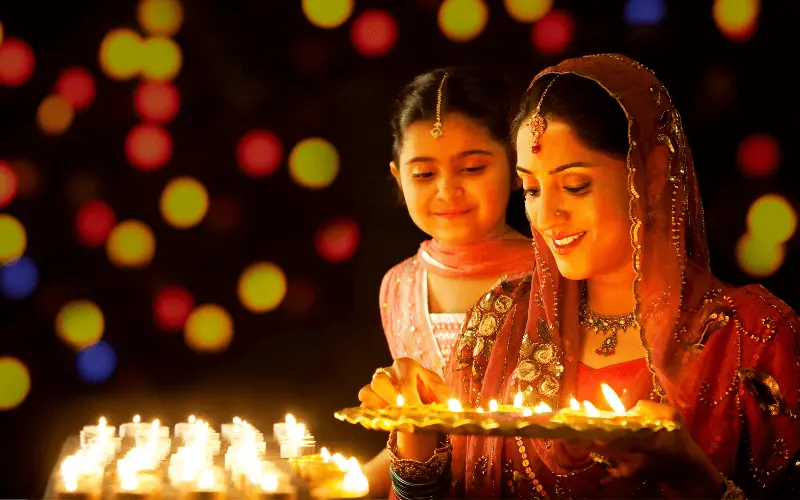
Diwali, also known as Deepavali, is a major Hindu festival celebrated across India and other countries with Hindu, Jain, Sikh, and Buddhist populations. It is known as the “Festival of Lights” and symbolizes the victory of light over darkness, good over evil, and knowledge over ignorance.
The timing of Deepavali varies annually due to its alignment with the Hindu lunar calendar, which is based on the phases of the moon. In the Western calendar, Deepavali typically falls between mid-October and mid-November.
Deepavali is typically celebrated over five days, with each day having its significance and rituals. The main day of Deepavali falls on the third day, which is marked by the lighting of oil lamps (diyas) and candles in homes and public spaces to illuminate the surroundings and ward off darkness.
It is one of the most eagerly awaited and widely celebrated festivals in India and around the world.
History of Festival Diwali
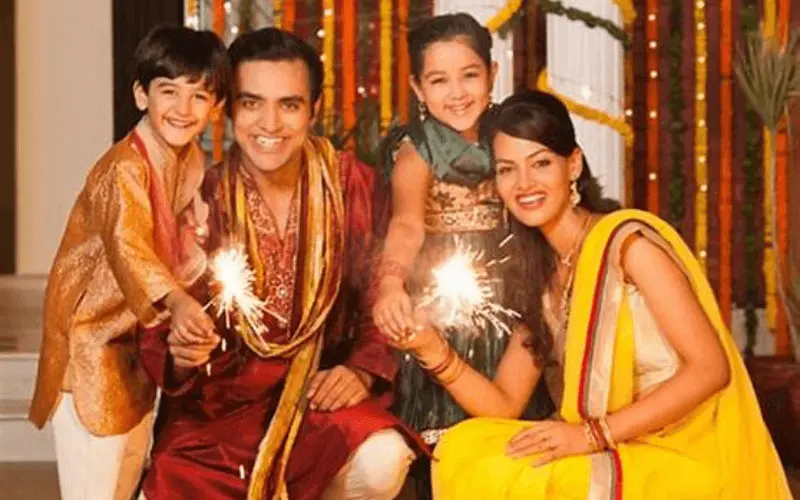
The history and origins of the festival of Deepavali are deeply rooted in Hindu mythology and historical events. While there are various narratives associated with Deepavali, in northern India, people celebrate the story of the return of Lord Rama, his wife Sita, and his brother Lakshmana to Ayodhya after he defeated Ravana after 14 years in exile. People celebrated his return by lighting lamps and decorating their homes, symbolizing the victory of good over evil.
In Southern India, people celebrate another story about Lord Krishna defeating the demon Narakasura and freeing the people of his kingdom. After he slayed the demon, Lord Krishna declared it a day of festivities. which is also celebrated during Deepavali.
In western India, the festival marks the day that Lord Vishnu, the preserver (one of the main gods of the Hindu trinity) sent the demon King Bali to rule the nether world.
During Deepavali, people celebrate Goddess Lakshmi, who represents wealth, prosperity, and fertility in Hinduism. According to a romantic tale, it is said that on the night of Deepavali, she picked Lord Vishnu, a significant Hindu deity, as her husband.
Deepavali also marks the end of the harvest season in many parts of India, and people pray to the goddess Lakshmi for prosperity in the coming year.
Today, Deepavali is a multi-day festival celebrated with rituals, feasting, and family gatherings. It’s a time for spreading joy and happiness, emphasizing values like love and compassion, and celebrating the triumph of light over darkness.
Diwali – Festival of Lights – 5 Days Celebration Quick Guide
Deepavali is celebrated over five days, with each day having its significance and rituals. Here’s a brief overview of the five days of Deepavali:
First Day – Dhanteras
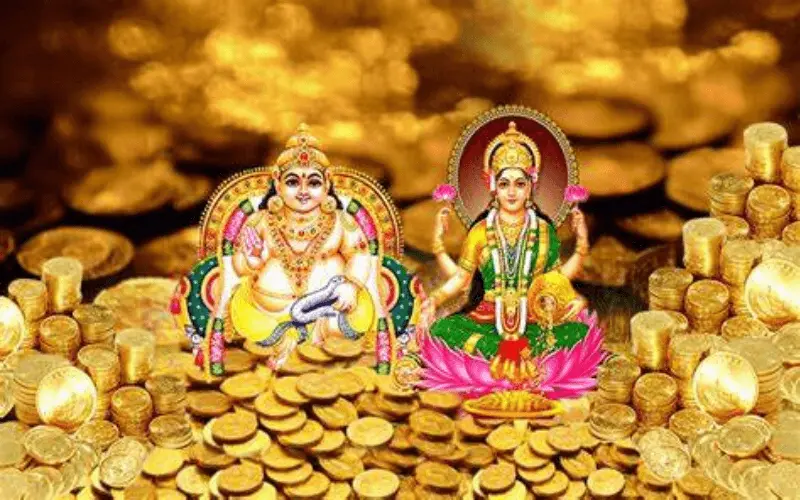
The first day of Deepavali festivities is known as Dhanteras. On this day, people clean their homes and shop for gold or kitchen utensils to help bring good fortune.
Second Day – Naraka Chaturdashi / Choti Diwali
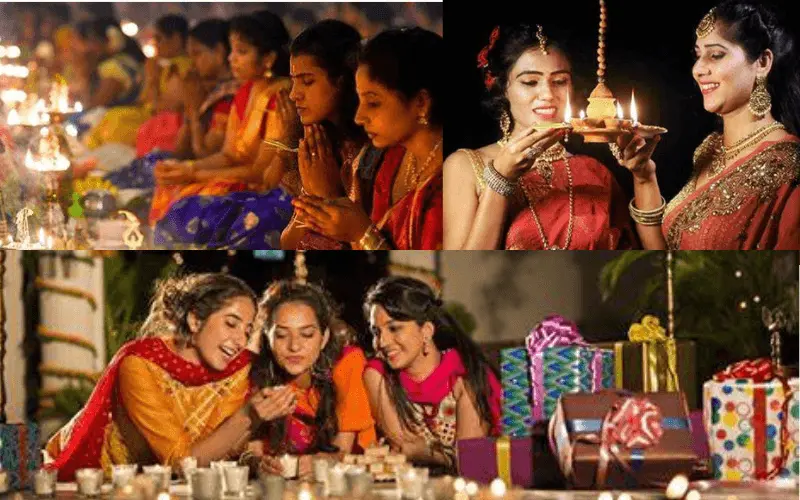
The second day of Deepavali celebrations is known as Naraka Chaturdashi or Choti Diwali. This day marks the victory of Lord Krishna over the demon Narakasura. People take oil baths before sunrise, decorate their homes with clay lamps, and create design patterns called rangoli on the floor using colored powders or sand.
Third-Day – Diwali / Deepavali
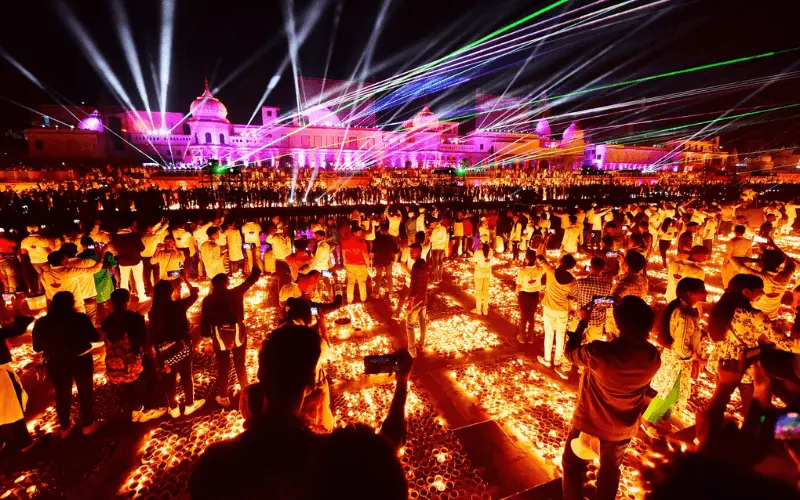
The main day of Deepavali is known as Diwali or Deepavali. This day is celebrated with elaborate rituals, prayers, and offerings to Goddess Lakshmi, the goddess of wealth and prosperity, and Lord Ganesha, the remover of obstacles. Homes and public spaces are illuminated with lamps and lights, and fireworks are set off to celebrate the triumph of light over darkness and good over evil.
Fourth Day – Govardhan Puja / Annakut
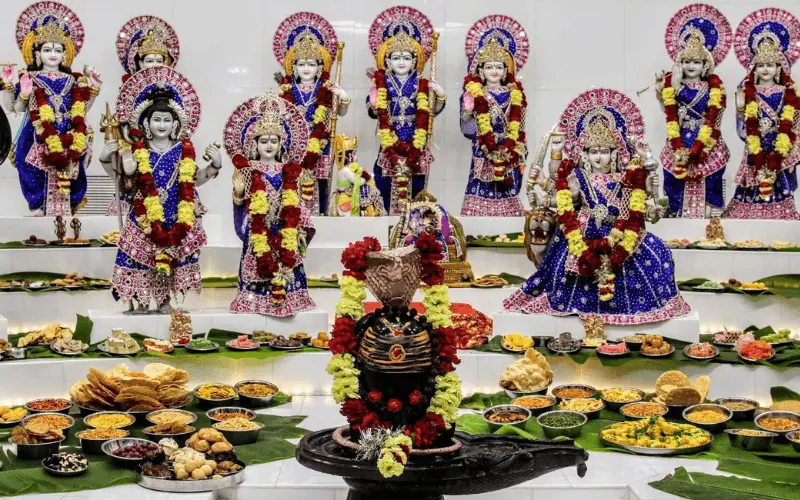
The fourth day of Deepavali is known as Govardhan Puja or Annakut. It is celebrated to commemorate Lord Krishna’s lifting of the Govardhan Hill to protect the people of Vrindavan from the wrath of Lord Indra, the god of rain and thunderstorms. Devotees prepare elaborate vegetarian feasts and offer them to the deities.
Fifth Day – Bhai Dooj
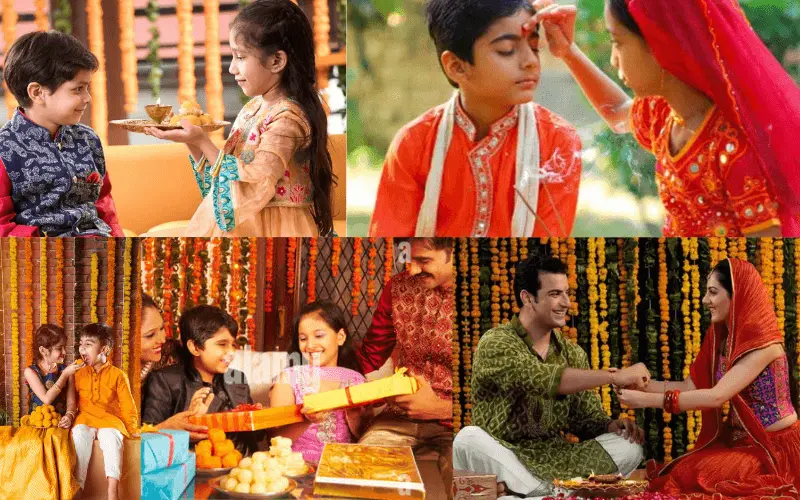
The fifth and final day of Deepavali celebrations is called Bhai Dooj or Bhaiya Dooj. It is a day to celebrate the bond between brothers and sisters. Sisters perform puja for their brothers’ long life and well-being, and brothers give gifts to their sisters as a token of love and appreciation.
These five days of Deepavali are marked by various rituals, prayers, festivities, and expressions of joy and togetherness within families and communities.
Amazing Facts about Deepavali
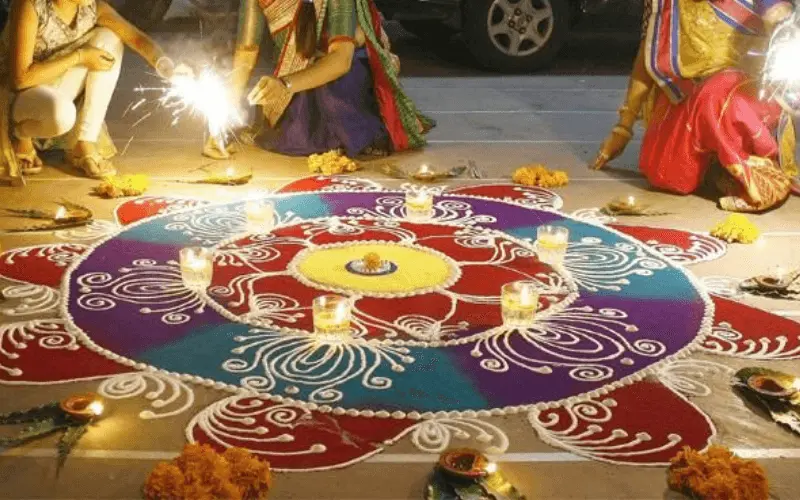
Read other Religious Holidays Guides by daysdiscuss
FREQUENTLY ASKED QUESTIONS
What is so special about Diwali?
Diwali is celebrated by Hindus, Jains, Sikhs, and Newar Buddhists. Each faith has its own stories and events associated with the festival. However, the essence of Deepavali remains the same for all: it symbolizes the triumph of light over darkness, wisdom over ignorance, and goodness over evil.
What is the main reason for celebrating Diwali?
In northern India, Deepavali honors the homecoming of Lord Ram to Ayodhya after defeating the demon king Ravana. In South India, it celebrates Lord Krishna’s triumph over the demon Narakasura.
Is Diwali a religious or secular holiday?
It is about light prevailing over darkness and is linked to stories from the Hindu epics.
Dr. Bapat says Diwali festivities are “open to everybody”. “It is both religious and cultural, as are most Hindu religious festivals”.
What is Diwali also known as?
Diwali, also known as Deepawali, is a five-day-long festival celebrated by Hindus, Jains, Sikhs, and some Buddhists. It takes place every autumn between October and November, with the date changing every year.
On which dates Diwali is celebrated in 2024?
The timing of Diwali varies annually due to its alignment with the Hindu lunar calendar, which is based on the phases of the moon. In the Western calendar, Diwali typically falls between mid-October and mid-November. In 2024 Deepavali is celebrated on Fri, Nov 1.
